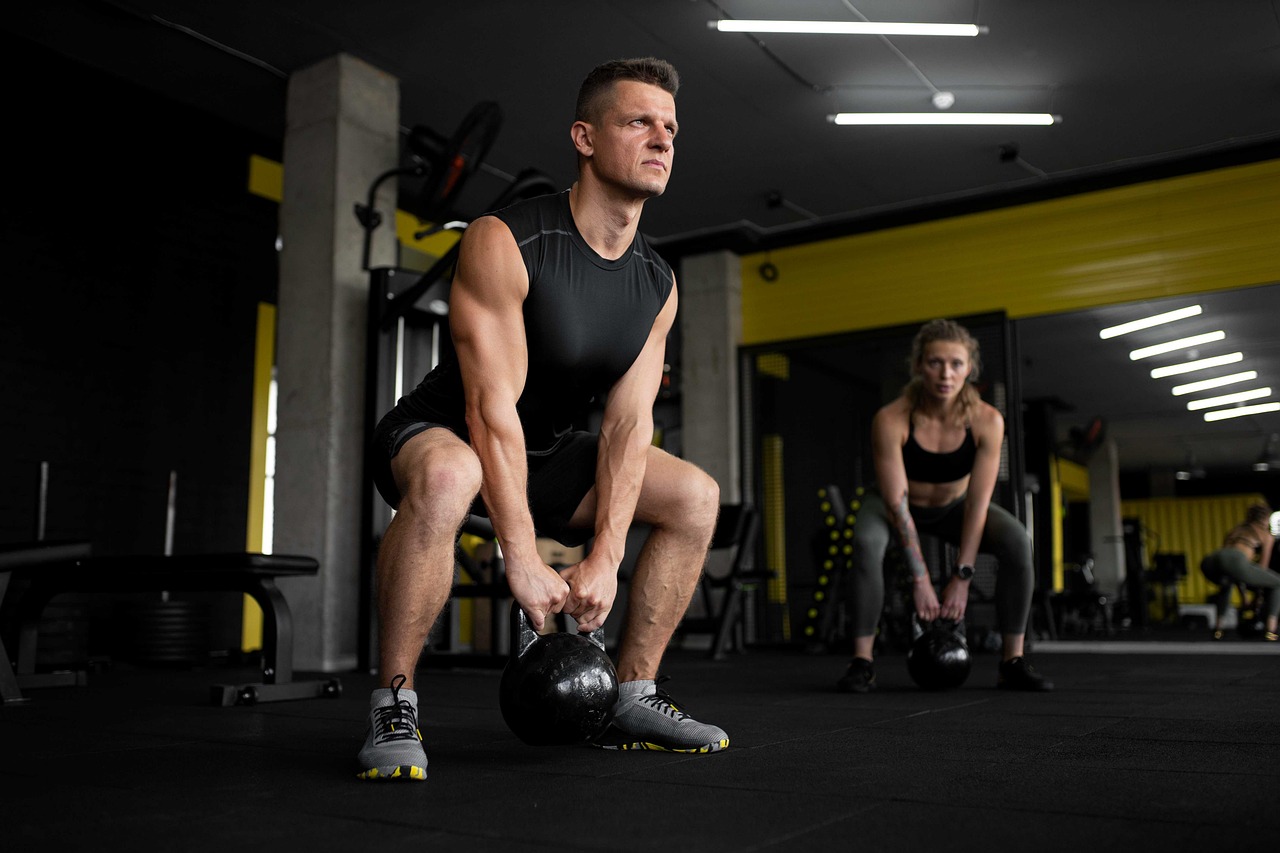
Going to the gym is a critical aspect of a healthy lifestyle. However, it can be challenging to determine the ideal length of a gym session. While some people prefer longer sessions, others find shorter sessions more manageable. So, how long should your gym workout session be?
The ideal length of your gym workout session will depend on various factors, such as your fitness goals, fitness level, and the type of workout. In this article, we will delve into the ideal length of a gym session for beginners and advanced gym-goers, exploring the benefits of different types of workouts and the role of rest and recovery in achieving optimal results.
The Ideal Length of a Gym Session for Beginners
When starting at the gym, it’s essential to keep in mind that you’re an exercise beginner – you need to ease into it. Starting slow with less intense, short gym sessions is recommended to avoid over-exerting your body and causing injuries. With that in mind, the best length for a beginner gym session is 30 to 45 minutes. Within this time frame, 10-15 minutes of stretching before and after your workout should be included to minimize the risk of injury.
For beginners, it’s important to focus on compound exercises that target multiple muscle groups. These exercises can include lunges, squats, push-ups, pull-ups, and bench press. Also, using weights that you can handle comfortably in these exercises is key to avoiding muscle injury.
The Ideal Gym Session Length for Advanced Gym-Goers
As you advance in your fitness journey, your workout sessions can and should become longer. Advanced gym-goers can work out from 60 minutes to up to 2 hours, depending on their fitness goals. Within this time frame, up to 30 minutes of aerobic training and 10-15 minutes of stretching before and after a workout can also help to achieve optimal results.
For advanced gym-goers, it’s crucial to incorporate exercises that target specific muscle groups in detail, ensuring that muscles are well-toned. Advanced exercises, such as deadlifts, pull-ups, and squats, can be introduced in your training sessions. Pushing yourself as hard as you can without overdoing it can help increase the effectiveness of your workouts and give you quality results in a shorter period.
Length of Workouts for Different Types of Exercises
Different types of exercises require different lengths of workouts. Resistance training, for instance, is more effective when done in short sessions of roughly 45 minutes. Longer sessions can cause injuries and fatigue. Cardio workouts, on the other hand, require longer sessions to increase your heart rate and improve endurance.
During strength training sessions, it’s more effective to carry out high-impact exercises with fewer reps to avoid muscle exhaustion that leads to injuries. Do cardio sessions once or twice a week for up to 45 minutes to prevent muscle loss.
Role of Rest and Recovery in Achieving Optimal Results
As you work out, it’s necessary to allow your body to rest and recover to avoid body exhaustion, muscle injuries, and burnout. Research has shown that muscles need 48 hours to recover.
Therefore, splitting your workout session into shorter sessions throughout the week can help you avoid exhaustion and injury.
By incorporating rest days into your gym routine, you allow your body time to recuperate and repair worn or torn tissues. This is making you stronger for your next gym session. Recovery and rest also ensure that the training process continues, reducing the chances of giving up on your fitness journey due to fatigue.
The Bottom-Line
The ideal gym session length varies from person to person, depending on their health status, fitness goals, and workout type. Beginners should keep their sessions short, between 30 and 45 minutes, while advanced gym-goers can do up to a 2-hour session. Moreover, incorporating periods of rest and recovery for muscle rejuvenation is critical for achieving optimal results.
To maximize the benefits of your gym workout session, you should set realistic fitness goals, warm up before hitting the gym, take breaks between exercises, stretch before and after your workout, and incorporate essential vitamins and nutrients to aid in muscle recovery.
In conclusion, how long your gym workout session should be depends on different factors. It is important to remember that individual goals, fitness levels, workout types, rest days, and recovery time play a crucial role in achieving optimal results and ensuring long-term, sustainable success.



